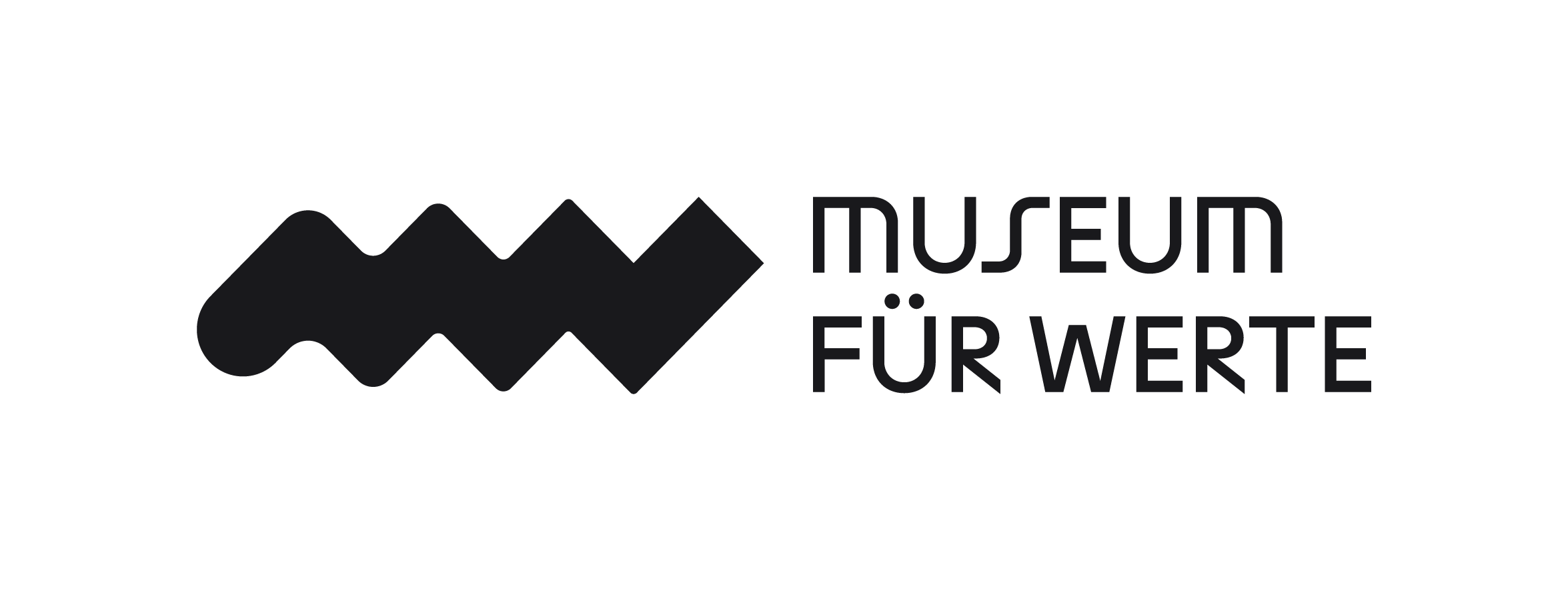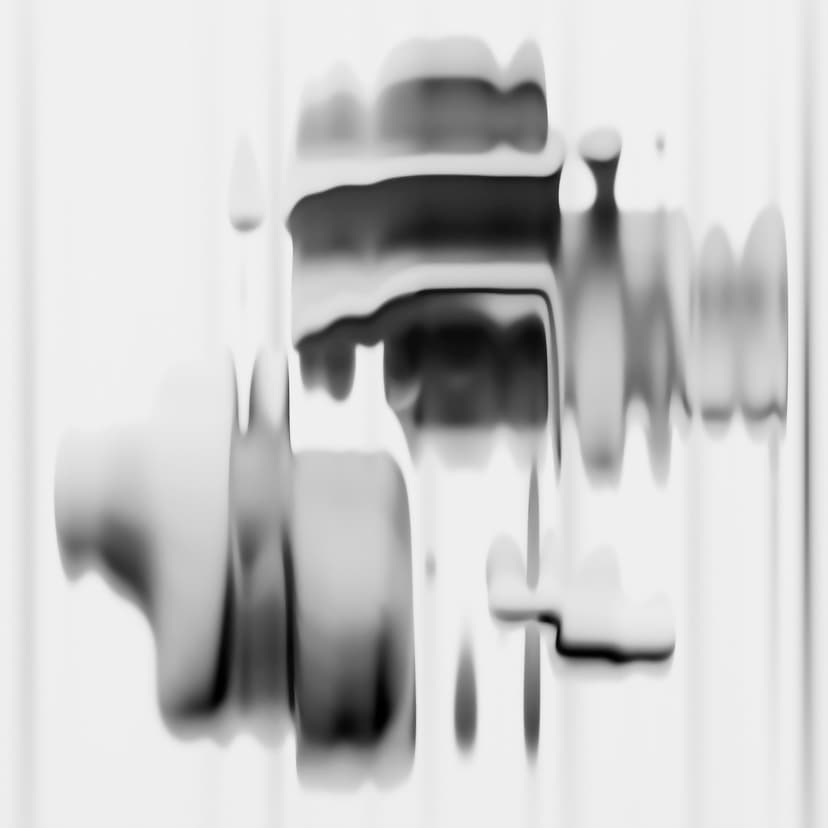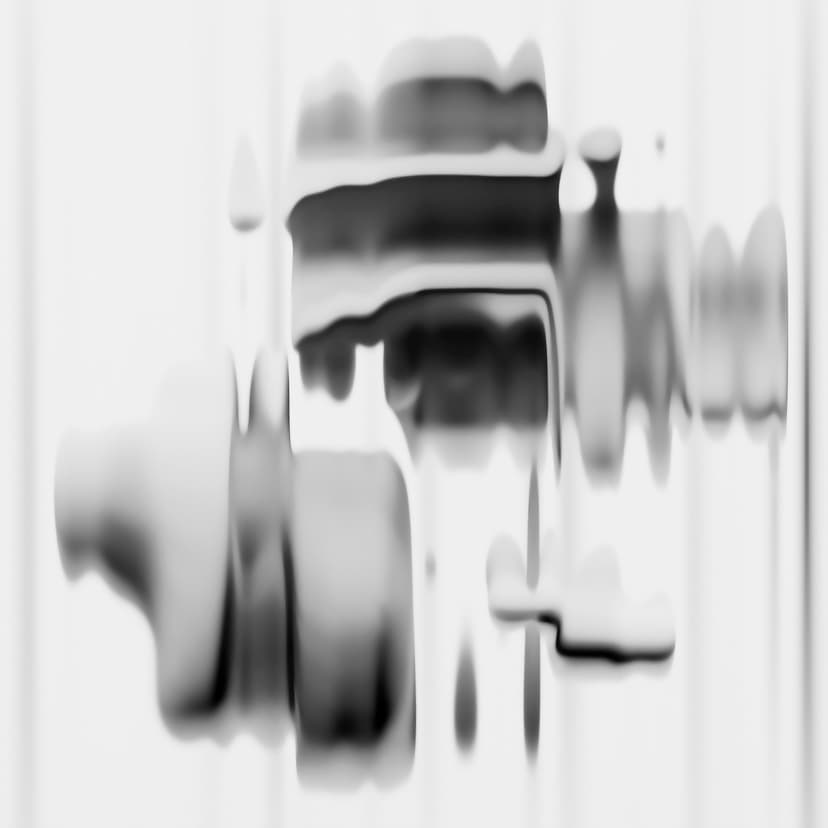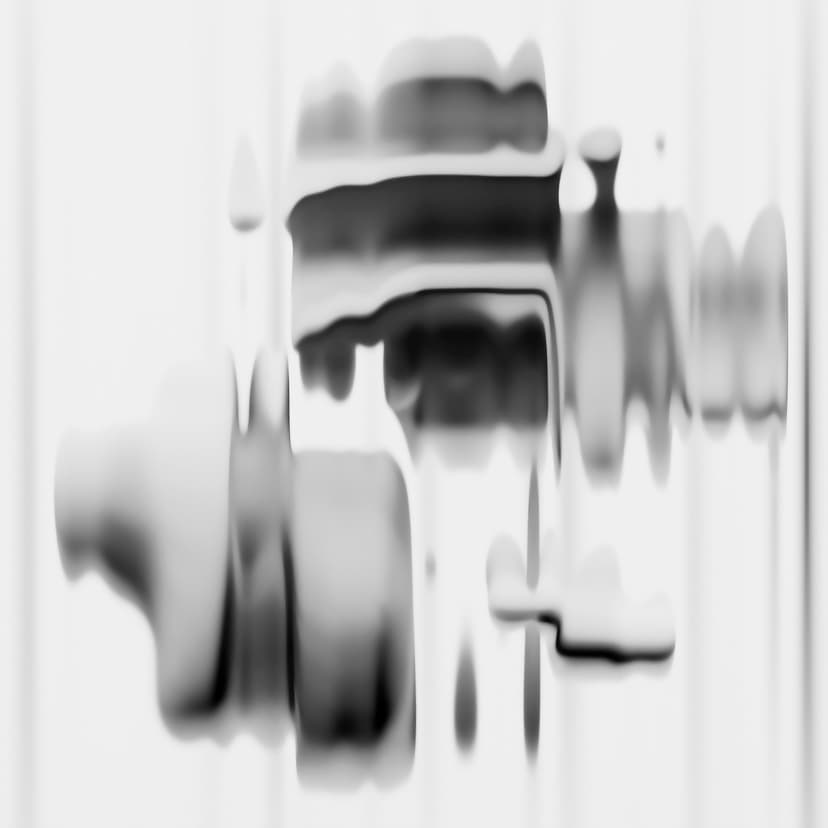"For me, from West Germany, the GDR was a completely different world," were my grandmother's first words when I asked her about her experiences of the GDR. At that time, the city was divided into two parts: West and East Berlin. My grandmother Monika lived in West Germany and, together with her daughter, had been planning to visit Berlin for years. The border crossing between West and East was heavily guarded, and controls were meticulously carried out. The presence of soldiers and barbed wire at the borders reinforced the feeling of confinement and oppression. She had already heard about the living conditions in the GDR, the surveillance and restrictions, but experiencing it firsthand was intimidating. When she arrived in East Berlin, she immediately sensed an oppressive atmosphere. The streets were quiet, the buildings seemed gray and dreary. Everywhere she saw soldiers, tasked with maintaining law and order. A feeling that was both unfamiliar and oppressive overcame her. There was omnipresent surveillance, and she felt constantly watched. As Monika got off the bus and entered the city, she realized that the oppressive feeling wouldn't go away. The dreary buildings and the constant presence of police and soldiers increased her unease. She felt her freedom was restricted, as if her thoughts and words weren't allowed to be free in this city. Arriving in Berlin, she experienced the difference between East and West directly during a visit to a café. The constant surveillance and restrictions on daily life were palpable. People spoke cautiously and held back their opinions. Arriving at the café, they saw that only two single seats were available. "We thought, it's no big deal, we can just push the chairs together and sit at one table," she said. But as soon as they moved toward the table, chairs in hand, a waiter approached them and rudely informed them that this wasn't possible without the owner's permission. The waitress assigned them to a table, and Monika felt restricted in her freedom to choose her own seat. She emphasized, "I didn't understand why I couldn't choose my own seat. I wasn't familiar with this restriction from home." They reluctantly took the assigned seat and ordered two coffees. While they waited for their coffee, Monika and Susanne observed the other customers in the café. They noticed that the atmosphere was subdued and reserved. People spoke quietly and seemed cautious. It seemed as if the mistrust and restrictions also affected people's everyday lives. Despite this strange atmosphere, the two didn't let it get them down and made the most of their trip. When they finally began their return journey, a sense of relief returned. They were grateful to be able to return to the West, where freedom of expression and democracy were practiced. The visit to East Berlin had opened their eyes, and they realized how good they had it at home and how important it is to appreciate the small, often inconspicuous things like freedom and one's own rights.




